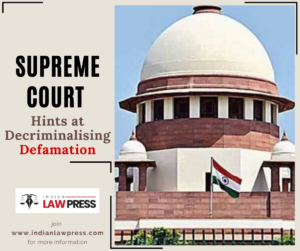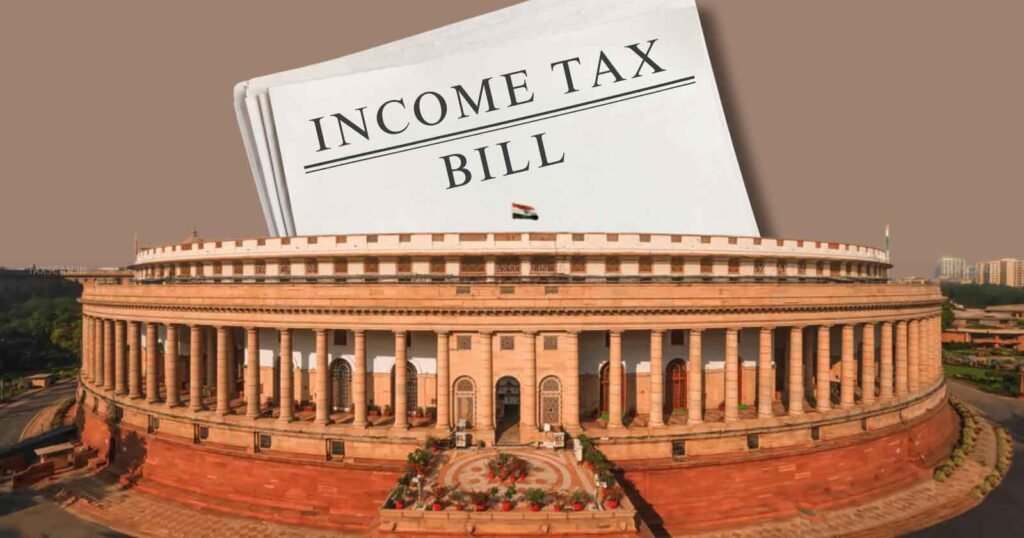
Supreme-Court-Hints-at-Decriminalising-Defamation
In a significant development, the Supreme Court of India on Monday observed that the time has come to reconsider and possibly decriminalise the offence of defamation. This remark was made during the hearing of a criminal defamation case filed by Amita Singh, a retired JNU professor, against online news portal The Wire. The case once again brings the debate on free speech and criminal defamation into the spotlight.
Background of the Case
The controversy dates back to 2016, when The Wire published an article alleging that Professor Amita Singh headed a group of JNU teachers who had compiled a controversial 200-page dossier titled “Jawaharlal Nehru University: The Den of Secessionism and Terrorism.”
The article suggested that the dossier accused certain JNU teachers of legitimising separatist movements in India and even running what was described as a “den of organised sex racket.”
Following the publication, Ms. Singh filed a criminal defamation case against The Wire and its reporter.
Legal Journey So Far
- 2017: A magisterial court issued summons to The Wire in connection with the case.
- 2023: The Supreme Court set aside the summons and directed the lower court to re-examine the article.
- Later: The lower court again issued summons to the portal and its reporter.
- Delhi High Court: The Wire challenged the summons but the High Court dismissed their plea.
- Supreme Court: The portal then approached the Supreme Court against the High Court’s decision.
Supreme Court’s Remark on Criminal Defamation
During the hearing, a bench comprising Justice M.M. Sundresh and Justice Satish Chandra Sharma observed:
“I think the time has come to decriminalise all this. How long will you go on dragging this?”
Senior Advocate Kapil Sibal, representing The Wire, agreed with the Court’s observation.
Criminal Defamation in India
Defamation in India is criminalised under Section 356 of the Bharatiya Nyaya Sanhita (BNS). Unlike many democracies where defamation is treated as a civil wrong, India continues to prosecute it as a criminal offence — which can lead to imprisonment.
Several prominent political leaders, including Rahul Gandhi and Arvind Kejriwal, have previously challenged the constitutionality of criminal defamation provisions, arguing that they curb free speech and are misused to silence dissent.
Why This Matters for Students and Citizens
- Freedom of Speech: This case highlights the tension between free expression and protection of reputation.
- Legal Awareness: Students preparing for law entrance exams (like CLAT, AILET, and Judiciary Exams) should study this case as it involves constitutional principles like Article 19(1)(a) (Right to Freedom of Speech).
- Current Affairs Relevance: The issue of decriminalising defamation is likely to remain an important topic for competitive exams and debates.
Conclusion
The Supreme Court’s remark could be the beginning of a landmark shift in Indian law regarding defamation. If criminal defamation is decriminalised, it would mark a major step towards strengthening free speech in India, bringing the country closer to international standards on freedom of expression.
75 Years of Indian Constitution: A Journey Towards Socio-Economic Justice





